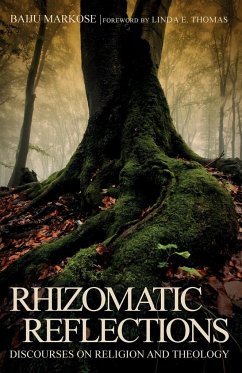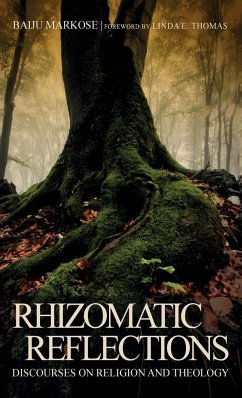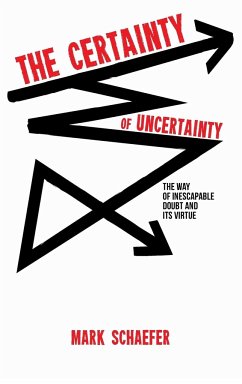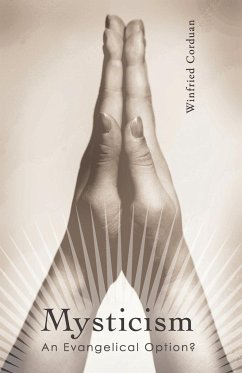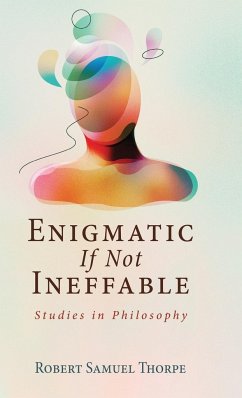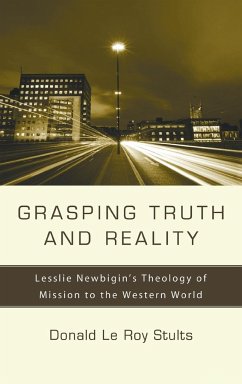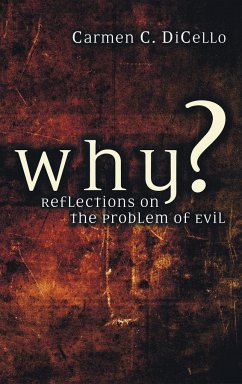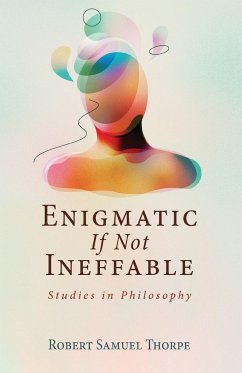Fecund philosophical reflections on the conceptual metaphor ""rhizome"" invite us to reformulate the theological engagements today with a renewed spirit. Notably, the subaltern theological engagements make use of this new move in gleaning the fruits of heterogeneity, multiple origins, horizontality, interconnections, and intersectionality. This conscious rhizomatic move is exemplified as a constructive post-colonial move and a useful tool for meaningful subaltern resistance. This move takes us beyond the entrapment of western binary opposites to the challenging cultural and political spaces of hybridity and liminality. Uncovering the underrated cultural and political spaces of subaltern religious experience is an apocalyptic/eschatological activity. Such an apocalyptic activity demands deep theological meditation and committed attention toward the multiple and heterogeneous themes like Casteism, Vedic taxonomy, Dalit spatial discourses, sacred grove, ecological crisis, racism, globalization, neoliberalism, infinite debt, resistance, etc. Such trans-disciplinary reflections contribute to the larger body of subaltern theopoetics. As a rhizome connects any point to any other point, these themes are interconnected, and intertwined rhizomatically!
Hinweis: Dieser Artikel kann nur an eine deutsche Lieferadresse ausgeliefert werden.
Hinweis: Dieser Artikel kann nur an eine deutsche Lieferadresse ausgeliefert werden.

